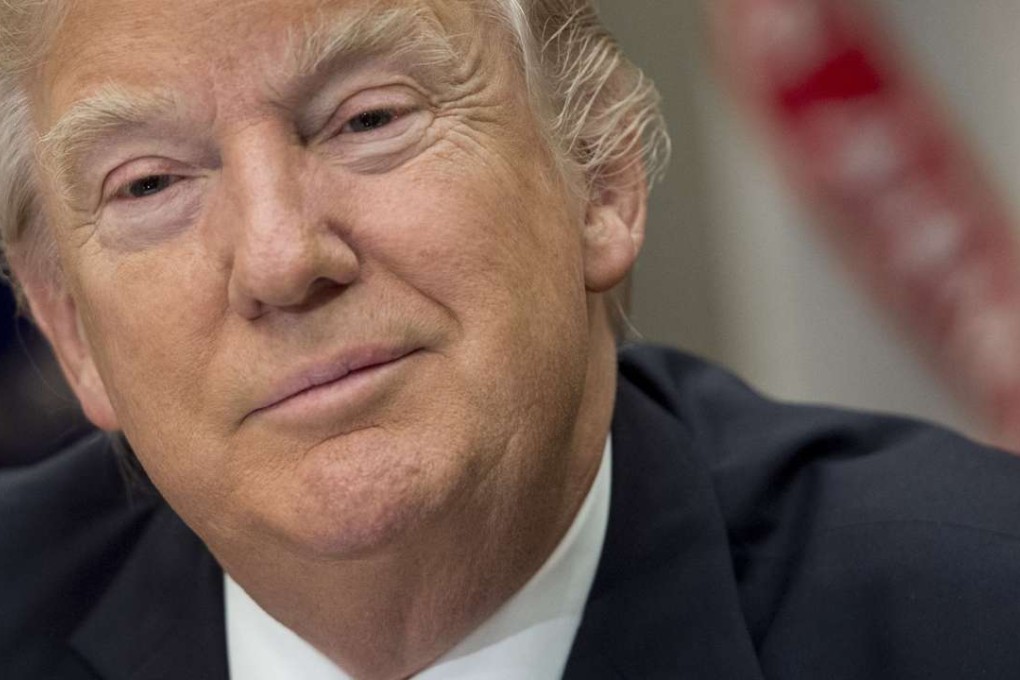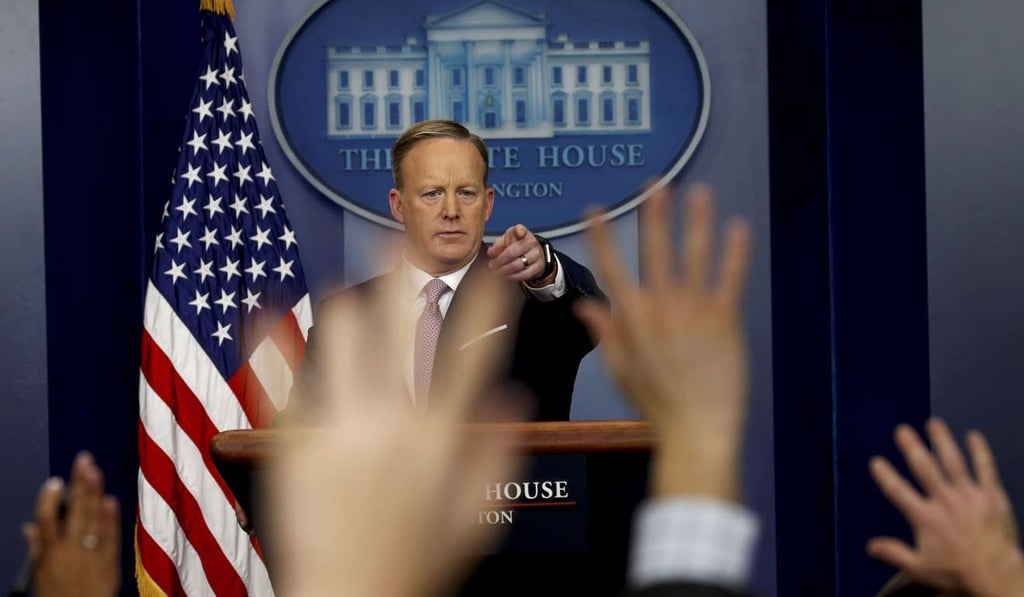Asian Angle | Trump’s media war: straight from the playbook of communist China
The US is losing the moral authority to speak out the next time a journalist is arrested, a newspaper shut, or foreign correspondent deported

“The time for trivial fights is behind us,” Trump declared, addressing the Democrats in the chamber. And he can afford to be magnanimous. Their ranks are depleted, and they have little power in Washington to block Trump’s agenda.
But there was no olive branch or call for compromise with that other group Trump and his White House minions have determined are “the real opposition party” – the mainstream news media. Trump’s self-declared battle with the press seems likely to go on, and that fight is anything but trivial. Vital American values and traditions, and the nation’s role in the world, are at stake.

Calling reporters “very dishonest people”, Trump said: “They say that we can’t criticise their dishonest coverage because of the First Amendment,” his voice dripping with sarcasm. “You know, they always bring up the First Amendment.”
